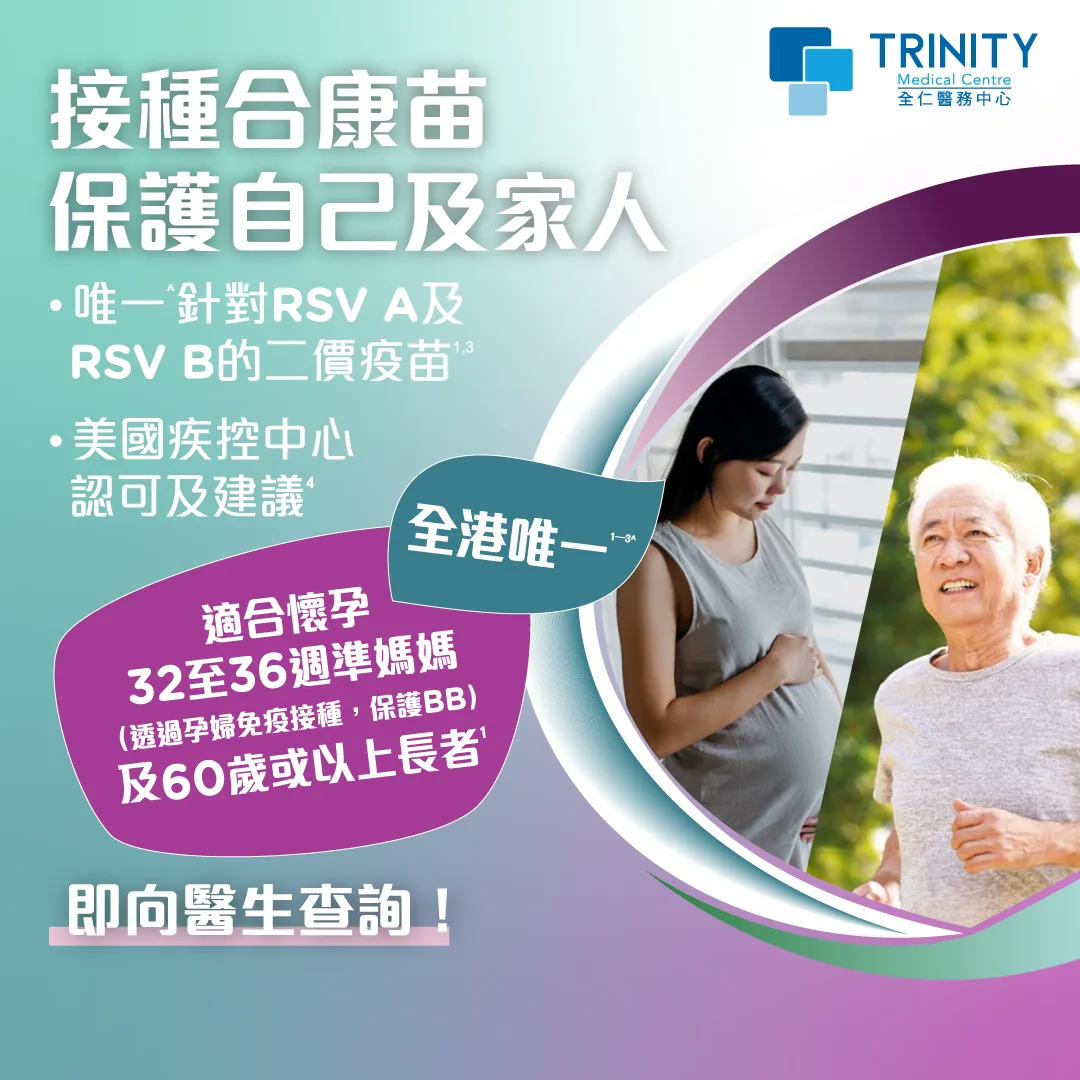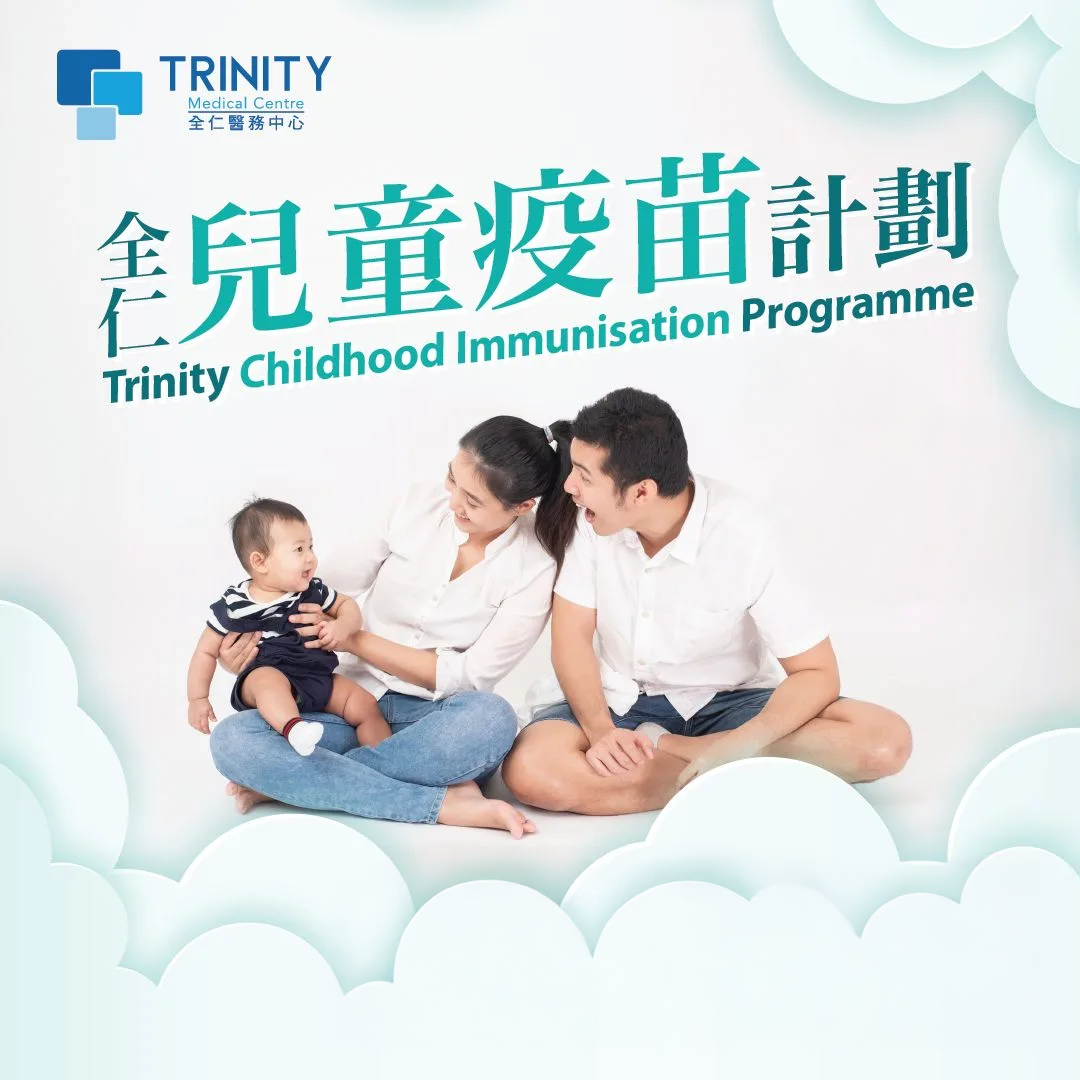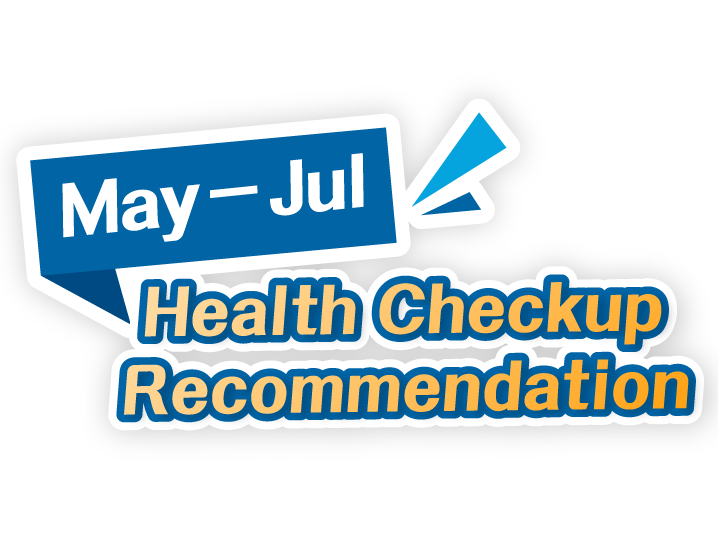Description
In today's interconnected world, factors like crowded environments, seasonal changes, and compromised immune systems can increase the risk of respiratory syncytial virus (RSV) infections, particularly affecting vulnerable groups like infants and seniors over 60. This viral disease can lead to serious respiratory complications such as bronchitis and pneumonia, making preventive healthcare crucial. Our RSV bivalent vaccine offers essential protection through safe vaccination, especially designed for pregnant women and elderly care. For expectant mothers, this vaccine not only provides maternal health protection but also passes vital antibodies to their unborn babies, ensuring infant protection from birth. Our professional medical team prioritizes vaccination safety and disease prevention, offering expert medical consultation to guide you through the process. Schedule your appointment today to protect yourself and your loved ones from RSV infections.
Respiratory Syncytial Virus (RSV) Bivalent Vaccine (Suitable for pregnant mothers and seniors aged 60 and above)
Respiratory syncytial virus (RSV) is a common virus primarily causing respiratory infections in infants and young children, but it also poses significant risks to the elderly, particularly those aged 60 and above. In older adults, RSV can lead to severe respiratory illnesses such as pneumonia and bronchitis, especially in those with pre-existing health conditions. The weakened immune systems of older individuals increase their susceptibility to infections, resulting in higher hospitalization rates and increased mortality risks associated with RSV. Vaccination is crucial, as it not only protects vulnerable groups like pregnant women and their infants but also helps mitigate the impact of RSV in the elderly by reducing the severity of infections and associated complications.
Importance of Vaccination for Pregnant Women
- Protecting Infants: Pregnant women who receive the RSV vaccine can pass antibodies to their unborn child. This passive immunity can protect the infant during the first few months of life, a time when they are most vulnerable to RSV infections.
- Timing of Vaccination: It is generally recommended to vaccinate during the late stages of pregnancy to maximize the transfer of protective antibodies.
Benefits of the RSV Vaccine
- Reduced Hospitalization Rates: Vaccination of pregnant women has been shown to decrease hospitalization rates for infants due to RSV.
- Lower Mortality Risk: By protecting infants from severe RSV infections, the vaccine can help reduce the mortality rate associated with RSV-related complications.
- Community Immunity: Widespread vaccination contributes to herd immunity, reducing the transmission of the virus within the community.
Frequently Asked Questions
How to distinguish between flu and Respiratory Syncytial Virus (RSV) infection?
- Symptoms of mild RSV can be similar to those of the flu.
- If RSV is suspected, a doctor may recommend an oral swab sample test or a blood sample test to confirm the diagnosis.
What are high-risk places for RSV infection?
- Children often contract RSV outside the home, such as in schools and daycare centers.
Can only infants and young children get RSV?
- Almost all children have been infected with RSV by the age of two!
- People of any age can get reinfected with RSV; infants and the elderly are more likely to suffer severe cases, so precautions should be taken to prevent reinfection!
How should RSV infections be treated?
- For mild symptoms: Over-the-counter fever reducers and pain relievers can alleviate symptoms.
- For severe cases requiring hospitalization: Treatment may include oxygen masks, intubation, saline drips, suctioning of thick mucus, and ventilator support.
How can expectant mothers protect their babies?
- After consulting a doctor, consider getting the RSV vaccine to ensure the baby has antibodies at birth!
- As the baby’s caregiver, maintain hygiene by frequently washing hands, cleaning frequently touched surfaces, and ensuring good air circulation indoors.
Should expectant mothers who have had RSV or show symptoms still get the RSV vaccine?
- Pregnant women who have previously been infected with RSV can receive the RSV vaccine to protect their unborn baby.
- If a pregnant woman shows symptoms of RSV infection, she should wait until recovery before getting the RSV vaccine.
Can the RSV vaccine be administered alongside other vaccines?
- According to guidelines from the Centers for Disease Control and Prevention (CDC), pregnant women can receive the RSV vaccine along with other vaccines (such as the pertussis vaccine, flu vaccine, and COVID-19 vaccine). For details, please consult your doctor.
Instructions for use:
- Must be used on or before the expiration date.
- Please show your confirmation information, order number, registered full name and phone number for verification
Terms and Conditions:
- This voucher is only valid for Trinity Medical Centre.
- The vaccine must be given within 90 days after purchase of this voucher. This voucher can be used at Central, Causeway Bay or Tsim Sha Tsui Trinity Medical Centre. The validity period will not be extended by this voucher.
- This voucher is non-refundable and cannot be redeemed for full or partial cash.
- You must bring this ticket to the front desk when you register.
- This voucher cannot be used with any other special offers and promotions.
- If this voucher is lost or stolen, we will not accept any liability and will not provide any reissue in such case.
- If you have any questions, please call 2192 7022 or email tmc@trinitymedical.com.hk
- Trinity Medical Centre reserves the right to amend the above Terms and Conditions without prior notice. In case of any disputes, Trinity Medical Centre reserves all rights for final decision






